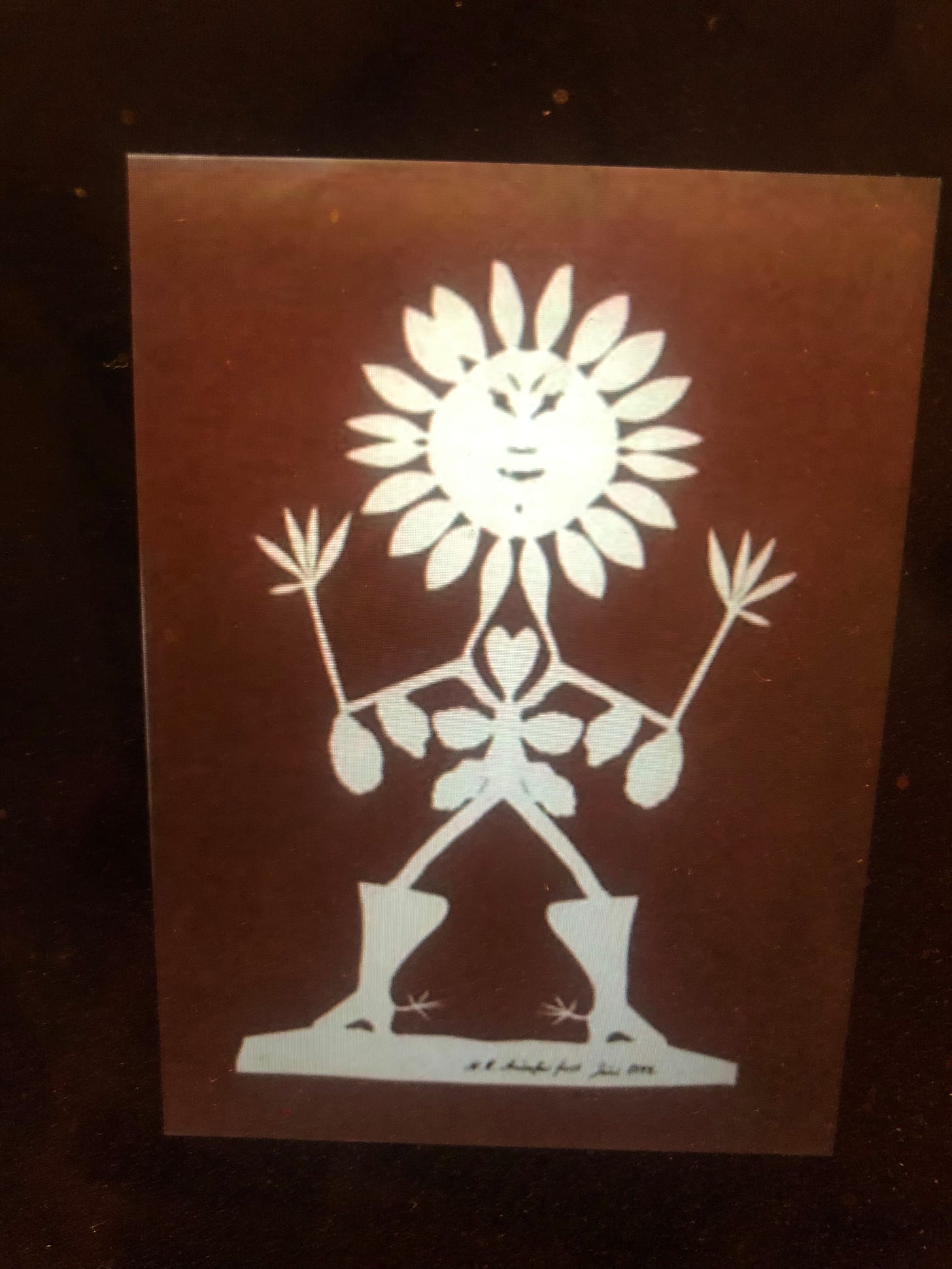Wildly Varied Views On Both Nabokov As Writer and Lolita As Either PSY OP Or Indictment
What Did Tomas Tranströmer mean by The Truth Barrier?
"I bought and ate a large, warty, crooked pickle.”
Vladimir Nabokov, Letters to Vera
(I make the case his humor was underrated—that’s all.)
“I like Nabokov’s contempt for readers who must “identify” with characters in fiction. He couldn’t have identified much with his central characters I think. His feat in Lolita was in imagination and negative capability, the opposites of autobiography. He is not Humbert, in other words. But I dislike the novel intensely, despite the real achievement. The aesthetics are as treacly as the ethics. For me Nabokov’s prose is like drugstore perfume: showy and insistent and rotten. To compare, look at the fluency of Beckett in his early work, as masterful as Nabokov could ever be in English. Beckett decided to write in French to avoid the effortless fluency of his native tongue. It disgusted him. Beckett is the true artist; those dazzled by Nabokov are always suspect to me.”
Robert W. submitted as comment
MacGuffin commented on your post The Nabokov Question .
“Strangely, I am blocked from liking 2nd Smartest Guy's two comments, but not blocked from liking anyone else's. I agree with his reading of 'Lolita'. This notion of 'For the purpose of literary creation, Writer A adopts a non-condemnatory stance toward Terrible Subject Matter X, therefore Writer A supports Terrible Subject Matter X' is inimical to creative fiction. Did Milton reveal his devil-worship when he made Lucifer the most compelling character in Paradise Lost? Of course not.”
MacGuffin, submitted as comment
The case for Lolita as…an indictment of American pedo-culture?
“First, one reads Nabokov to enjoy his imagination, his intelligence, and sheer literary art. My own favorite among his novels is Pale Fire, but Lolita is an extraordinary indictment of what Americans call "the culture," of which Freud and Marx were the founding prophets. They were a pair of pseudo-scientific frauds who have caused immeasurable damage, the disgusting Kinsey being one of their most effective disciples.”
Frank Brownlow, submitted as comment
Editor’s note:
It is a testament to the quality of our tribe here that we can have a symphonic discussion, disagree intensely and fruitfully—and keep our bonds strong.
All I do is kick of the ball. After that, I’m amazed what all happens.
Those who still think Nabokov was pushing pedophilia are not in any way shouted down—they may be right in the end—who knows? Most things are impossible to know. Main thing is, I don’t really think most things can be fully clarified, or catalogued, so I don’t want anybody to feel their offerings wound up being “wrong,” or that the matter was settled by the people holding the opposing view.
The entirety of the “symphony” is the whole point, to me, not the final answer—just training our minds to think in terms of rich discussion and not freak out (as globalists want us to) when we are confronted with views not held by “self.”
They’re trying to make us intellectual invalids, with only one functioning reflex: Getting upset. Like teenagers.
If we defy them, we train our minds back to what they were before the Woke revolution. One should, to be (mature) human, welcome and relish widely differing takes on things. One should be able to behold an opinion unlike our own and enjoy its sheer expression like a sunset—not drop it cold because we don’t already think that thing.
When I like something I don’t care if I “agree,” but that said: I have shared Robert’s misgivings about “those dazzled by Nabokov.” It’s never a good sign.
I am opposed to “great writing,” (can’t breathe) but not to great story telling.
I thought what Nabokov said about Freud was funny—that’s how we got into all this, and I’m so glad we did.
Personally, I’m interested to learn what Nabokov had to say about the “Bolshevik Revolution” and whether he saw its true roots, so I may not be chasing after him as a novelist, per se. I don’t read fiction, hardly. In fact, I hardly read anymore, but that will change when I have solved a few problems.
As an aside: My aim is to turn The Truth Barrier into a general interest newspaper, and this is a great start!
The first two departments to be developed will be “culture” and “travel.” There will be sections “on language” as well as on etiquette and manners. I will be working with “writers” who are actually not “writers.” If somebody identifies as a “writer” it won’t be held against them, but the vision is to fill the paper with the exact same kind of writing-not-trying-to-be-writing that appears magically in our comments section daily.
I know how to make a magazine. I’m trying to find time, that’s all. And a place to dwell—a space. And of course, seed funding, when the rest is in place.
I think we are metamorphosing.
What did Tomas Tranströmer mean by “the truth barrier?”
Answer is here.




I grew up in a home without books. We were dirt poor. I had a grade ten English teacher that told me to ignore her class. Every class of hers I was just to read, nothing else. She gave me great books. It was amazing. The first two books I read outside of school were ‘Couples’ by Updike, and ‘Ada’ by Nabokov. ‘Ada’ was the first novel I ever bought. I had no idea books could be so beautiful and challenging. ‘Couples’ was the first book about adults I had read.
Some truly great responses and comments. I recall reading that when Solzhenitsyn talked to Nabokov he found that Nabokov had no interest whatsoever in the Russia question as Solzhenitsyn felt it. My impression was that Nabokov had entirely separated himself from Russia and had no interest in the politics at all.